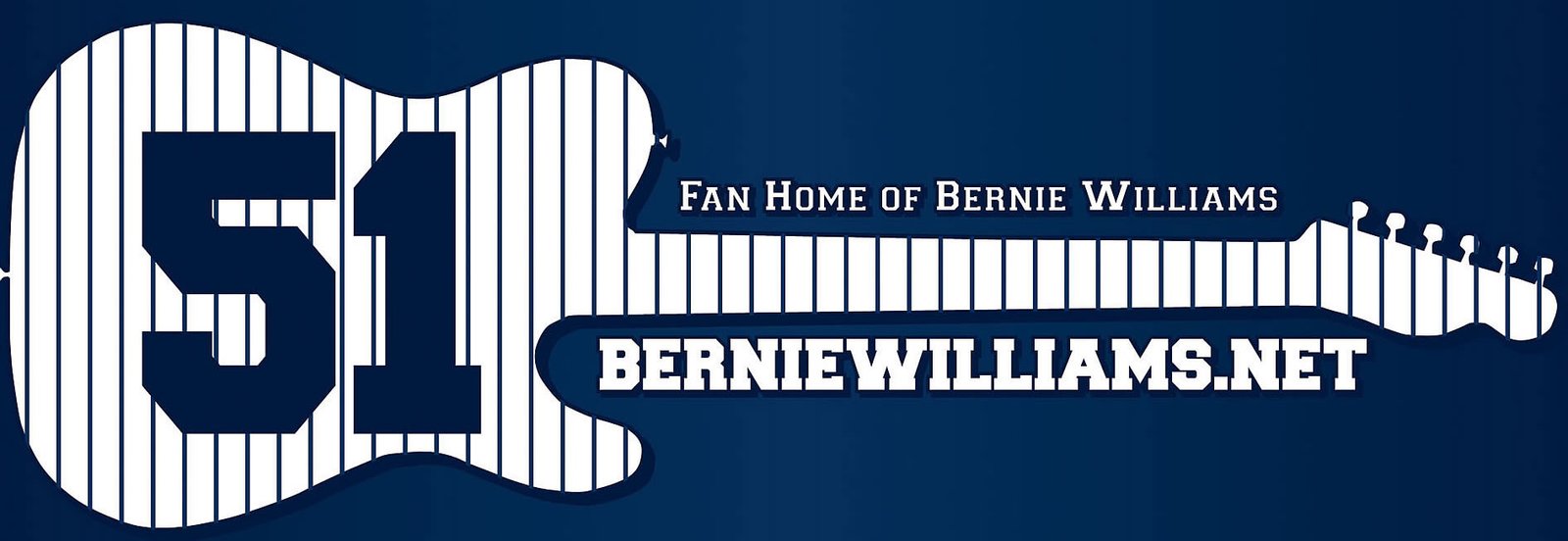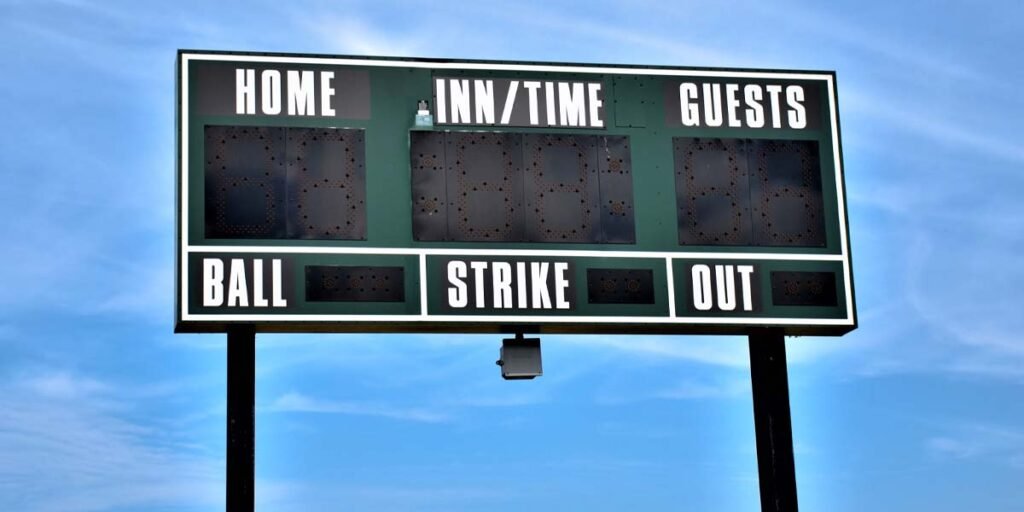The length of a baseball game can vary quite significantly depending on the level of play and whether or not extra innings are required. Generally, professional baseball games last around three hours, with some lasting longer due to lengthy delays such as rain interruptions or injuries. College and high school games tend to be shorter in duration, often lasting just over two hours.
To understand how long a game will last, it is important to note that each inning consists of both teams having a turn at bat and on defense. During each team’s turn at bat, they have the opportunity to score runs by hitting the ball out of the park or by advancing their runners across bases through various plays. Each team has three outs per inning before they must switch roles with their opponents.
Overall, while there are general guidelines for how long a baseball game lasts, it is important to remember that no two games are exactly alike. Fans should be prepared for potential delays while also enjoying one of America’s favorite pastimes regardless of how long it may take!
Regular Season Games: 9 Innings
A standard baseball game consists of nine innings, with each inning lasting for approximately 20 minutes. However, the duration of a game can vary depending on several factors such as weather conditions, pitching changes, and the pace of play. The length of a regular-season game in Major League Baseball (MLB) has been steadily increasing over the past few years.
In recent seasons, MLB games have averaged about three hours and five minutes. This is due to various factors such as increased use of relief pitchers and longer commercial breaks between innings. In response to this trend, MLB has introduced new rules to speed up the pace of play such as reducing catcher mound visits and limiting replay reviews.
Despite efforts to shorten games, some contests still exceed four hours in length. While these lengthy games may test the patience of even the most ardent baseball fans, there’s no denying that they offer plenty of excitement and drama throughout all nine innings.
Extra Innings: No Time Limit
Baseball is often considered a leisurely sport, but the length of a game can vary greatly. While the average length of a nine-inning game is around three hours, games can stretch on for much longer if neither team scores enough runs to end the game within regulation time. In such cases, Extra Innings come into play.
Extra Innings are additional innings played after the ninth inning in case both teams are tied at that point. Unlike the previous innings where each team has an equal chance to bat and score, Extra Innings work differently. The visiting team gets to bat first in these innings and continues until they’re out or manage to score as many runs as possible. The home team then gets their chance at bat and must try to surpass or match the number of runs scored by their opponents.
One unique feature of Extra Innings is that there’s no time limit- only when one team scores more runs than their opponent do they win! This means that Extra Innings could last for several hours depending on how well both teams are playing defensively and offensively. Nonetheless, it’s an exciting opportunity for fans who get to watch their favorite teams battle it out until someone finally emerges victorious!
Postseason Games: Unlimited innings
With the postseason games in baseball, fans can expect to see unlimited innings if the game is tied after nine innings. While this may seem like an exciting prospect for fans looking for more action, it also raises concerns about player fatigue and injuries. The length of a baseball game can vary greatly depending on several factors such as the level of competition and the number of innings played. In general, most games last around three hours, but playoff games tend to be longer due to higher stakes and tighter matchups.
In recent years, there have been several instances where postseason games have lasted well over five hours with multiple extra innings. This not only puts players at risk for injury but also affects their performance in subsequent games where they may still be recovering from extended playtime. However, despite these concerns, many fans argue that unlimited innings add to the excitement and unpredictability of postseason baseball.
Overall, while having unlimited innings in postseason baseball provides thrilling entertainment value for fans, it’s important to consider the potential consequences on player health and performance. As a result, professional sports organizations will likely continue to weigh both sides before making any decisions about future regulations surrounding overtime play in their leagues.
Factors Affecting Length of Game: Weather, Injuries, etc.
Weather is one of the most significant factors that affect the length of a baseball game. If it starts raining, the game will usually be delayed until the weather clears up, which can add extra time to an already lengthy game. In some cases, games are postponed altogether due to severe weather conditions like thunderstorms or tornadoes.
Injuries can also impact how long a baseball game lasts. When a player gets injured during the game, play stops while they receive medical attention and possibly leave the field. This interruption can be brief or last several minutes, depending on the severity of the injury.
Additionally, strategy and tactics used by teams during gameplay can also prolong a baseball game. For instance, if there are multiple pitching changes made throughout the game or more batters than usual are walked intentionally or unintentionally, these actions contribute to extending playing time. All in all, these factors make each baseball game unique in its way and create an unpredictable experience for both players and fans alike.
Strategies to Speed up the Game: Pitch Clock, Automated Strike Zone
Baseball games are notoriously known for their length, with an average game time of three hours or more. This is a problem that has been acknowledged by the MLB, and they have introduced various strategies to speed up the game. One such method is the pitch clock, which aims to standardize the amount of time pitchers take between pitches. The clock starts as soon as the pitcher has received the ball from the catcher and stops once he delivers it to home plate.
Another strategy that could potentially speed up the game is an automated strike zone. Currently, umpires are responsible for calling balls and strikes, which can lead to inconsistencies in calls and lengthy arguments between players and officials. An automated system would use technology such as cameras or sensors to accurately determine whether a pitch is a ball or strike without human intervention.
Overall, these strategies aim to keep fans engaged by reducing downtime during games while maintaining fairness on the field. While there may be some resistance from traditionalists who believe in preserving baseball’s history and traditions, implementing these changes could be necessary for attracting new audiences who are accustomed to faster-paced sports like basketball or football.
Impact on Fans and Players: Attendance, Tiredness, etc.
The length of a baseball game can have a significant impact on both fans and players. For fans, a longer game may mean having to stay at the ballpark for hours, which can be tiring and inconvenient. It may also affect attendance, as some fans may not want to commit that much time to watch a single game.
For players, longer games can lead to increased fatigue and exhaustion. This is especially true for pitchers, who are often tasked with throwing numerous pitches over several innings. The more pitches they throw, the more tired they become, which can impact their performance in subsequent games.
However, it’s important to note that game length isn’t always a negative thing. Some fans enjoy longer games because it gives them more time to soak up the atmosphere and spend time with friends and family. And for players who thrive under pressure or enjoy playing in high-stakes situations, longer games may be just what they need to push themselves to perform at their best.
Conclusion: Varied Lengths of Baseball Games
In conclusion, the length of a baseball game can vary greatly depending on several factors. Some games may last only two hours while others may drag on for four or more hours. Factors such as pitching changes, the number of innings played, and even weather conditions can all impact the overall length of a game.
While some fans prefer shorter games that move quickly, others enjoy the leisurely pace of a longer game with more time to socialize and take in the atmosphere. However, there has been increasing concern among Major League Baseball officials about the length of games and their potential impact on fan engagement.
Efforts have been made in recent years to speed up gameplay by implementing new rules and regulations such as time limits between pitches and limiting mound visits. Whether these measures will ultimately lead to shorter games remains to be seen but regardless of their success, baseball will always be known for its unpredictable nature when it comes to game length.
Frequently Asked Questions
How long is a minor-league baseball game?
Minor-league baseball games typically last around 2½ to 3 hours. The length of the game depends on several factors, including the number of innings, how many batters each team has, and how quickly the teams play.
How long is a high school baseball game?
High school baseball games consist of seven innings. However, there are no strict rules about how long each inning should last.
Sometimes an inning may take only 10 to 15 minutes to complete while other times it could take over an hour! This means that a high school baseball game could last anywhere between one and three hours depending on these factors.
Another thing to consider when trying to determine how long a high school baseball game will last is whether or not extra innings are played. If the game is tied after seven innings, extra innings will be played until there is a winner.
How long is a college baseball game
College baseball matches generally stick to 3 hours but may end up being a lot longer depending on good or bad pitching. So, while most college baseball games are nine innings long, some games maybe 7 or 5 innings.

